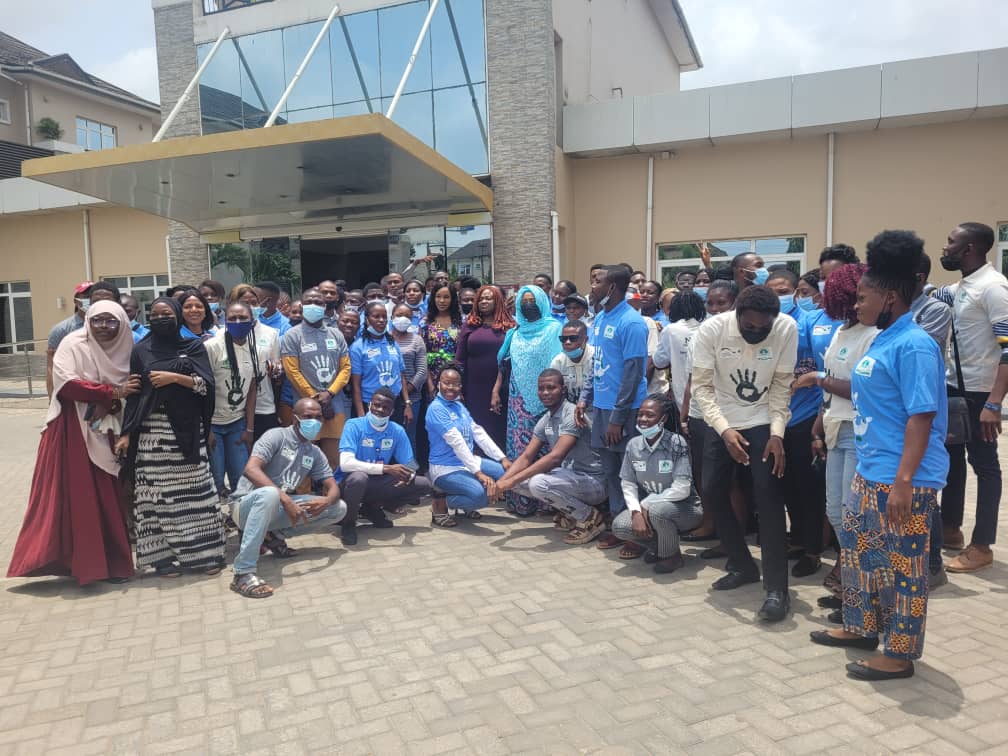The need to report cases of sexual exploitation in tertiary institutions to the Independent Corrupt Practices and other Related Offences Commission (ICPC) as an important way of owning the fight against corruption, has been re-emphasised.
Mr Kabir Elelu, the ICPC Resident Anti-Corruption Commissioner of Lagos, reiterated this at a sensitization session organized by the Civil Society Legislative Advocacy Centre (CISLAC) for tertiary institutions in Lagos State when he delivered a lecture titled ‘Sexual Exploitation in Nigerian Tertiary Institutions; A manifestation of Corruption and the Role of ICPC’.
Mr Elelu said sexual exploitation must be confronted and stopped so that our institutions can be safe and positive places for the young ones to learn. He emphasized the need to speak out and use appropriate channels to report in order to get redress.
He explained that existing partnerships with civil society organisations will continue to be mutually beneficial so that as the Commission receives the reports, it can investigate and prosecute where necessary.
He listed available channels for reporting to include the Commission’s website www.icpc.gov.ng, which has a reporting template, as well as more information on the Commission’s Sexual Harassment Unit; toll-free lines – 0800-CALL-ICPC (0800-2255-4272); reporting to various NGOs under the National Anti-Corruption Coalition (NACC); and for public servants, reporting to Anti-Corruption and Transparency Units (ACTUs) in MDAs.
In her welcome remarks, Director, CISLAC, Hajiya Hadiza Kangiwa, stated that one of the main objectives of the programme was to train students on how to use the TIMBY app, a reporting channel where referral of complaints to anti-corruption agencies and other relevant authorities for investigation and sanction; to advocate for the passage of sexual harassment in Tertiary Education Institution Bill and strengthen compliance. She encouraged the students to speak out, seek redress and psychological support, despite fear of stigmatization by the society.
Other speakers at the program include Ndidiamaka Ani of SOAR Initiative who presented a paper on the importance of psychological support for victims of sexual harassment and for schools to have internal mechanism to handle issues of sextortion; and Modupe Asama of Women Advocate Research and Documentation Centre (WARDC) who spoke on how victims can report sexual harassment cases.
The students suggested that the ICPC should systematically ensure that academic and non-academic staff of higher institutions of learning be sensitized on sexual exploitation.
The students resolved to report sexual exploitation to the right cannels and step down what they have learnt to their colleagues.


